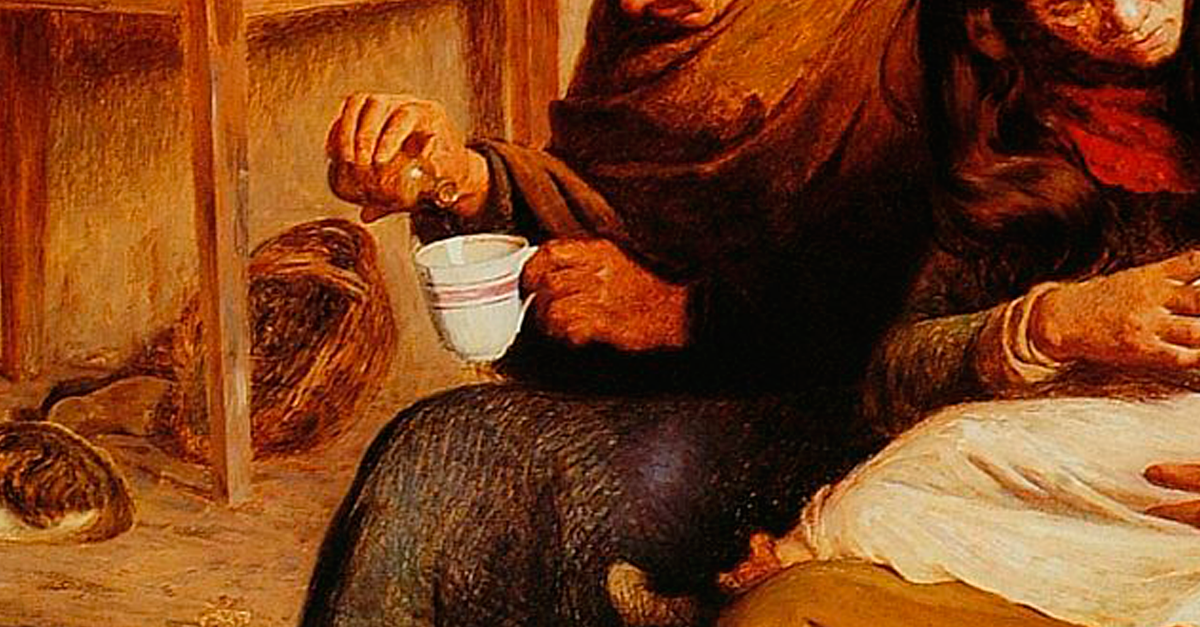El significado del diagnóstico en la trayectoria del enfermo reumático: De la incertidumbre a la disrupción biográfica
Recibido:
23 septiembre 2016,
Aceptado:
26 enero 2017,
Publicado:
17 julio 2017

Resumen
El interés de este artículo es analizar el significado del diagnóstico médico en la biografía de los sujetos que padecen alguna enfermedad reumática, a través de un trabajo etnográfico basado en entrevistas en profundidad realizadas a un grupo de quince informantes de la Ciudad de Barcelona afectados por distintos padecimientos reumáticos. Los relatos de los entrevistados permiten abordar cómo los síntomas, disfunciones o limitaciones, experimentadas hasta el momento en que se emite un diagnóstico certero, finalmente pueden ser interpretados a la luz de un modelo que explica esta condición, se reconoce cuál es la enfermedad, se resignifica la sintomatología y se establecen determinadas estrategias de atención y afrontamiento. En este sentido, el diagnóstico médico definitivo logra descifrar el enigma de la condición crónica que aqueja al enfermo y constituye así un punto de inflexión en la trayectoria de atención, que es reconocido como una disrupción biográfica que resignifica el pasado y futuro del sujeto. No obstante, con frecuencia los afectados recorren un complejo itinerario, a veces errático e incierto, para llegar al diagnóstico definitivo, por lo que este momento se identifica retrospectivamente como un hito en la experiencia del padecimiento.
Palabras clave: Diagnóstico Clínico, Enfermedades Reumáticas, Enfermedad Crónica, Personas con Discapacidad
Referencias bibliográficas
1. Osorio RM. La experiencia de los padecimientos reumáticos en un grupo de autoayuda en la ciudad de Barcelona: desafíos y dilemas en la investigación sobre enfermedades crónicas. En: Romaní O, Larrea C, Fernández, J, (coord.). Antropología de la medicina, metodologías e interdisciplinariedad: de las teorías a las prácticas académicas y profesionales. Donostia: ANKULEGI Antropologia Elkartea; 2008. p. 157-172.
2. Csordas T, (ed.). Embodiment and experience: The existential ground of culture and self. Cambridge: Cambridge University Press; 1994.
3. Bourdieu P. La ilusión biográfica. En: Bourdieu P. Razones prácticas sobre la teoría de la acción. Barcelona: Anagrama; 1997.
4. Young JT. Illness behaviour: a selective review and synthesis. Sociology of Health and Illness. 2004;26(1):1-31.
5. Murphy RF. The damage self. En: Brown PJ, (ed.). Understanding and applying medical anthropology. Mountain View: Mayfield Publishing; 1998.
6. Zola IK. Self, identity and the naming question: Reflections on the language of disability. In: Henderson GH, King NMP, Strauss RP, Estroff S, Churchill L, (ed.). The social medicine reader. Durham-London: Duke University Press; 1997.
7. Bury M. Chronic illness as biographical disruption. Sociology of Health and Illness. 1982;4(2):167-182.
8. Boeijea GM, Hennie R, Duijnstee MSH, Grypdonckb MHF, Poolc A. Encountering the downward phase: biographical work in people with multiple sclerosis living at home. Social Science & Medicine. 2002;55:881-893.
9. Bury M, Gabe J, (ed.). The sociology of health and illness: A reader. London: Routledge Student Readers; 2004.
10. Gregory S. Living with chronic illness in the family setting. Sociology of Health & Illness. 2005;27(3):372-392.
11. Becker G. Coping with stigma: Lifelong adaptation of deaf people. In: Brown PJ, (ed.). Understanding and applying medical anthropology. Mountain View: Mayfield Publishing; 1998.
12. Goffman E. Estigma: La identidad deteriorada. Buenos Aires: Amorrortu; 1970.
13. Williams SJ. Is anybody there? Critical realism chronic illness and the disability debate. Sociology of Health and Illness.1999;21(6):797-819.
14. Williams SJ. Chronic illness as biographical disruption or biographical disruption as chronic illness? Reflections on a core concept. Sociology of Health and Illness. 2000;22(1):40-67.
15. Williams SJ. Medicine and the body. London: Sage Publications; 2003.
16. Carricaburu D, Pierret J. From biographical disruption to biographical reinforcement: the case of HIV-positive men. Sociology of Health and Illness. 1995;17(1):65.
17. Adamson J, Donovan J. Normal disruption: South Asian and African/Caribbean relatives caring for an older family member in UK. Social Science & Medicine. 2005;60:37-48.
18. Faircloth CA, Boylstein C, Rittman M, Young ML, Gubrium J, Sudden illness and biographical flow in narratives of stroke recovery. Sociology of Health & Illness 2004;26(2):242-261.
19. Charmaz K. Loss of self: a fundamental form of suffering in the chronically ill. Sociology of Health and Illness. 1983;5(2):168-195.
20. Charmaz K. Good days, bad days: The self in chronic ilness and time. New Jersey: Rutgers University Press; 1997.
21. Manderson L, Smith-Morris C, (ed.). Chronic conditions, fluid states: Chronicity and the anthropology of illness. New Brunswick: Rutgers University Press; 2010.
22. Kleinman A. The illness narratives: Suffering, healing and the human condition. New York: Basic Books; 1988.
23. Strauss A, Corbin J, Fagerhaugh S, Maines D, Glaser B, Sucsek B, Wiener C. Chronic illness and the quality of life. St Louis: C.V. Mosby Company; 1984.
24. Corbin J, Strauss AL. Unending work and care. San Francisco: Jossey Bass Publishers; 1988.
25. Burish TG, Bradley LA, (ed.). Coping with chronic disease: Research and applications. New York: Academic Press; 1983.










